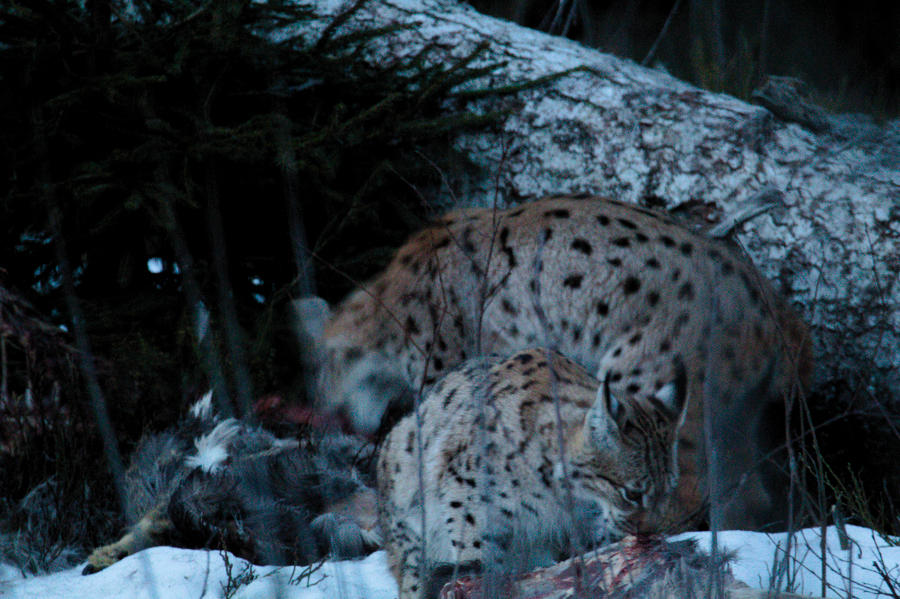Forest Ecology (Winter Term)

Module Responsibility: Jörg Müller, Marina Wolz, Oliver Mitesser
Languages of Instruction: German and/or English
Content: Arthropod communities in forest ecosystems, assessment methods, impact of management on diversity patterns and functional groups. The diversity, structure, and dynamics of arthropod communities are investigated using methods such as insecticide fogging, sweep netting and others. Samples are classified into major groups and partially identified. Insights into the functional importance of species are derived from guild classification. This is done exemplarily for beetles, bugs, and spiders with a focus on xylobiotic (deadwood-inhabiting) arthropods. The course includes fieldwork in forest ecosystems, an excursion, species identification work, and the statistical analysis of data.
Students acquire knowledge of the species diversity, structure, and functional role of arthropod communities in forests. Using complex data sets, they learn to analyze and discuss community structuring patterns. The connection to nature conservation-related aspects is established.
The course content is tailored to current research each semester, and information on procedures and organization will be announced at the start of each semester.







